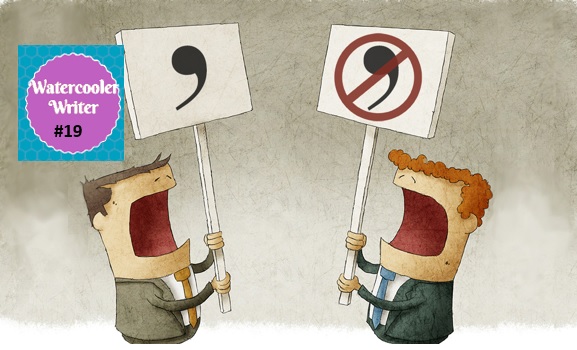
The 17th-Century Preposition Rule
THE 17TH-CENTURY PREPOSITION RULE
If you are a stickler for correct grammar (or happen to know someone who is), then you have probably heard the rule about not ending a sentence with a preposition.
But where did this rule come from? (Or, perhaps we should be asking, “from where did this rule come?”) And is it really a rule? Or is that just a myth?
According to this article from Atlas Obscura, it all goes back to 17th Century England, when a writer named John Dryden criticized playwright, Ben Johnson, for ending a sentence with a preposition. Dryden later advised a young writer that “In the correctness of the English I remember I hinted somewhat of concludding [sic] your sentences with prepositions or conjunctions sometimes, which is not elegant, as in your first sentence.”
And, while he is only documented to have stated this on those two occasions, for some reason his criticism stuck and turned into a well-known rule of “proper English.”
So, next time your grammar expert friend reminds you to not end your sentence with a preposition, you will know who to thank (or blame).
Related Content
- 0 Comment
Subscribe to Newsletter
- How Can SharePoint Be Used To Organize and Disseminate SOPs?
- Planning the Perfect Genealogy Research Trip: A Step-by-Step Guide
- From Silly to Awesome: How Words Change Meaning Over Time
- The Psychology of Font Choice: How Typography Impacts Content Engagement
- How to Distribute SOPs for Maximum Usability





